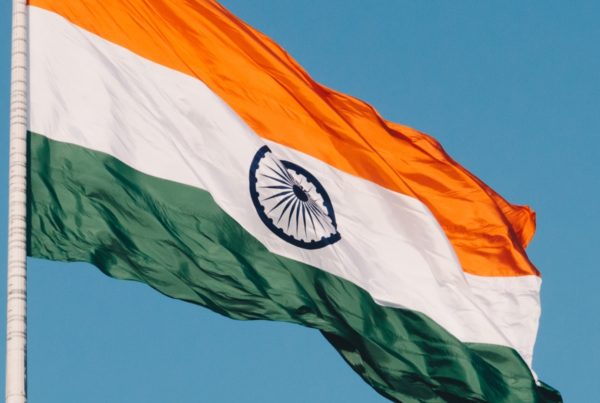No matter what is the outcome of the 2019 general elections, what will matter most for India’s future will be the choice of who leads the nation. In other words, it will be neither the party nor the coalition government but who is chosen as the Prime Minister by the majority party or coalition.
In addition to the appointment of mission driven cabinet ministers, what will matter most will be the Prime Minister’s personal style, marathon stamina, and vision for future. It will be less about the party and more about the person in charge of the nation. Even in a parliamentary system of democracy, what matters most today is the personal leadership of the head of the state, especially in times of crisis, as we witnessed recently in New Zealand. Of course, we have also witnessed lack of personal leadership in many other countries in Europe, Latin America, as well as in West Asia.
The presidential style of governance will become increasingly necessary where the leader is more like the chief executive officer (CEO) of the nation. This need for executive style of leadership is due to several forces both domestic and international. Any chosen leader will have to navigate through more turbulent times of trade wars, terrorism, and acrimony among the western allies and institutions established post World War II. The world will be driven more by economics and less by ideology. Most diplomats in the Ministry of External Affairs will have to become economic ambassadors and industry advocates for the Indian multinationals for them to access global markets and to attract foreign investment in India. This will need supplemental training in business and economics. Economic pragmatism will prevail over heritage.
At the same time, digital revolution including smart phones, AI, blockchain, and industrial internet will threaten the sovereign boundaries and geographic jurisdictions. The largest nation in the world today is not India or China; it is the Facebook Nation which transcends legal jurisdiction and geographic boundaries. Today, we are rapidly moving toward a borderless world. Managing social media, fake news, and cyber threats will become daily occurrences and will require executive powers even in a democracy.
A third Tsunami is the growing impatient and frustrated young population. It will demand both economic and social reforms on steroids and to transform the nation for the 21st century. For the first time, more than 100 million new young people were eligible to vote in 2019. Unfortunately, to the millennial generation, five years of election cycle is eternity. As we have seen in many other countries, the political leaders will have to embrace a sense of urgency to prevent protests and riots on the street.
Finally, India is becoming a strategic nation for the world not only because of its very large and growing consumer economy (third in terms of purchasing power parity), but also its potential as a second sourcing destination to derisk from China. It is inevitable that India will get globally integrated into the world’s economy, politics, and security concerns. It will need a leader who commands respect and admiration from other world leaders as different as Trump, Putin, Abe, Xi, Macron, and Merkel.



